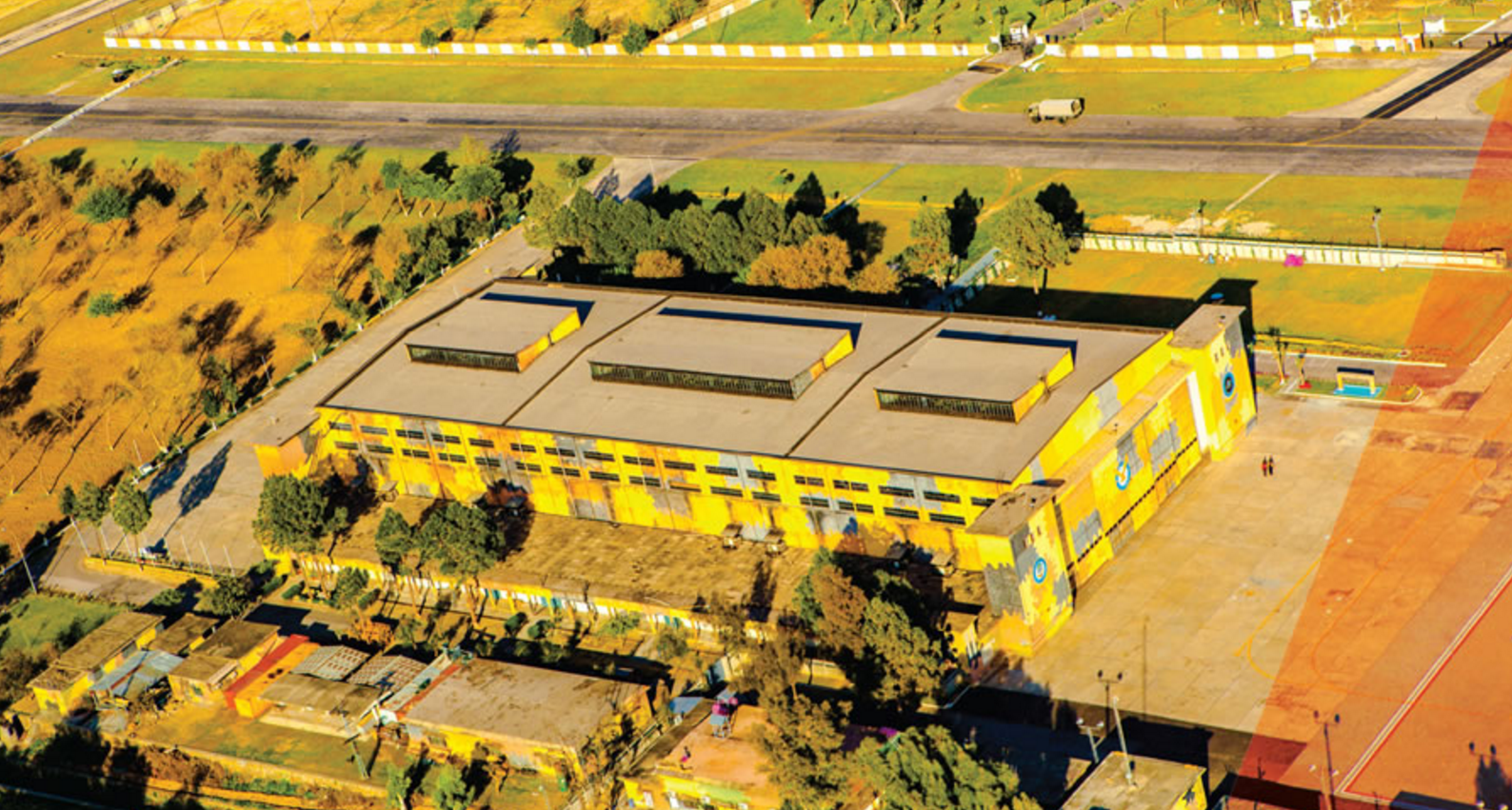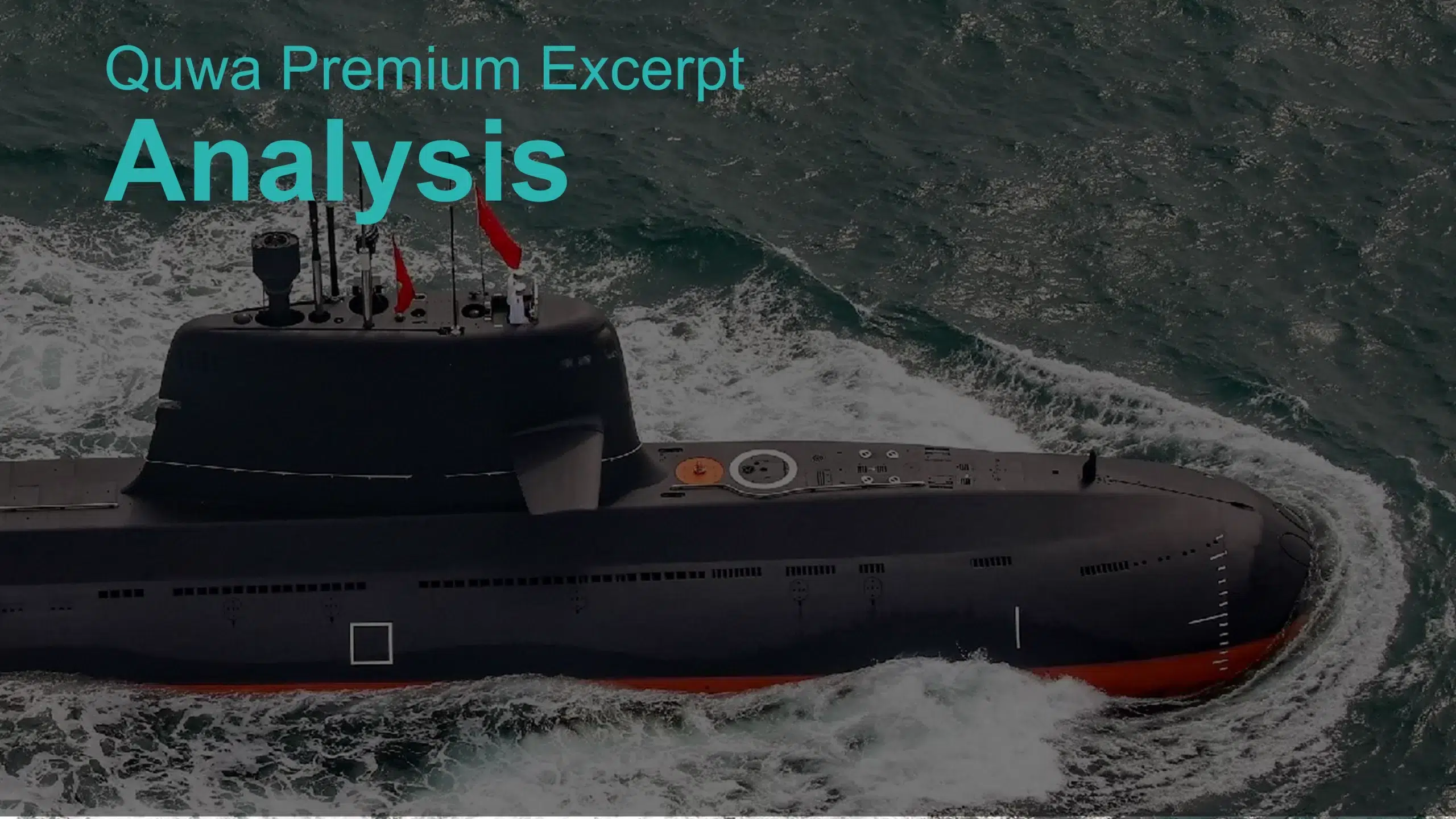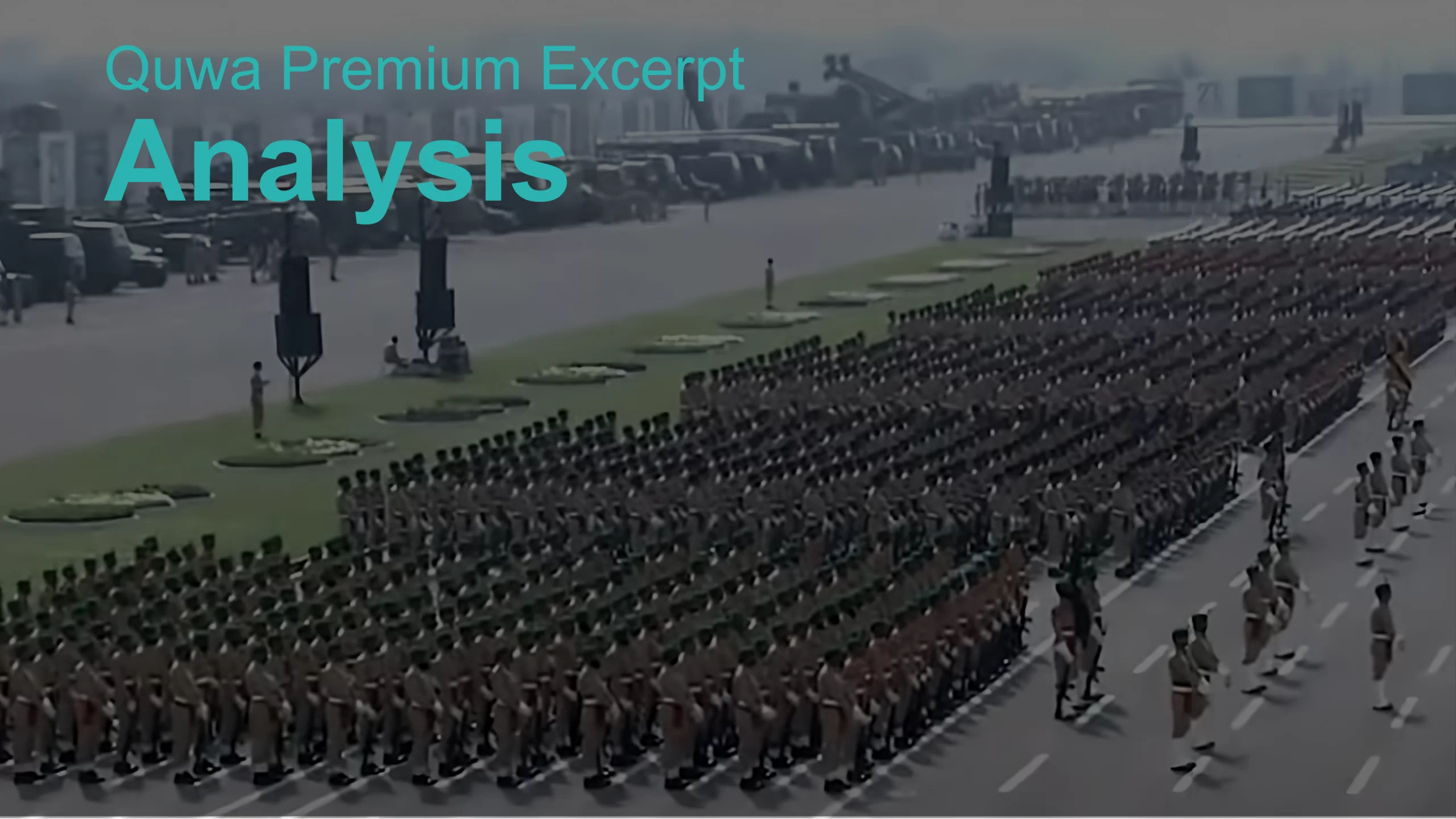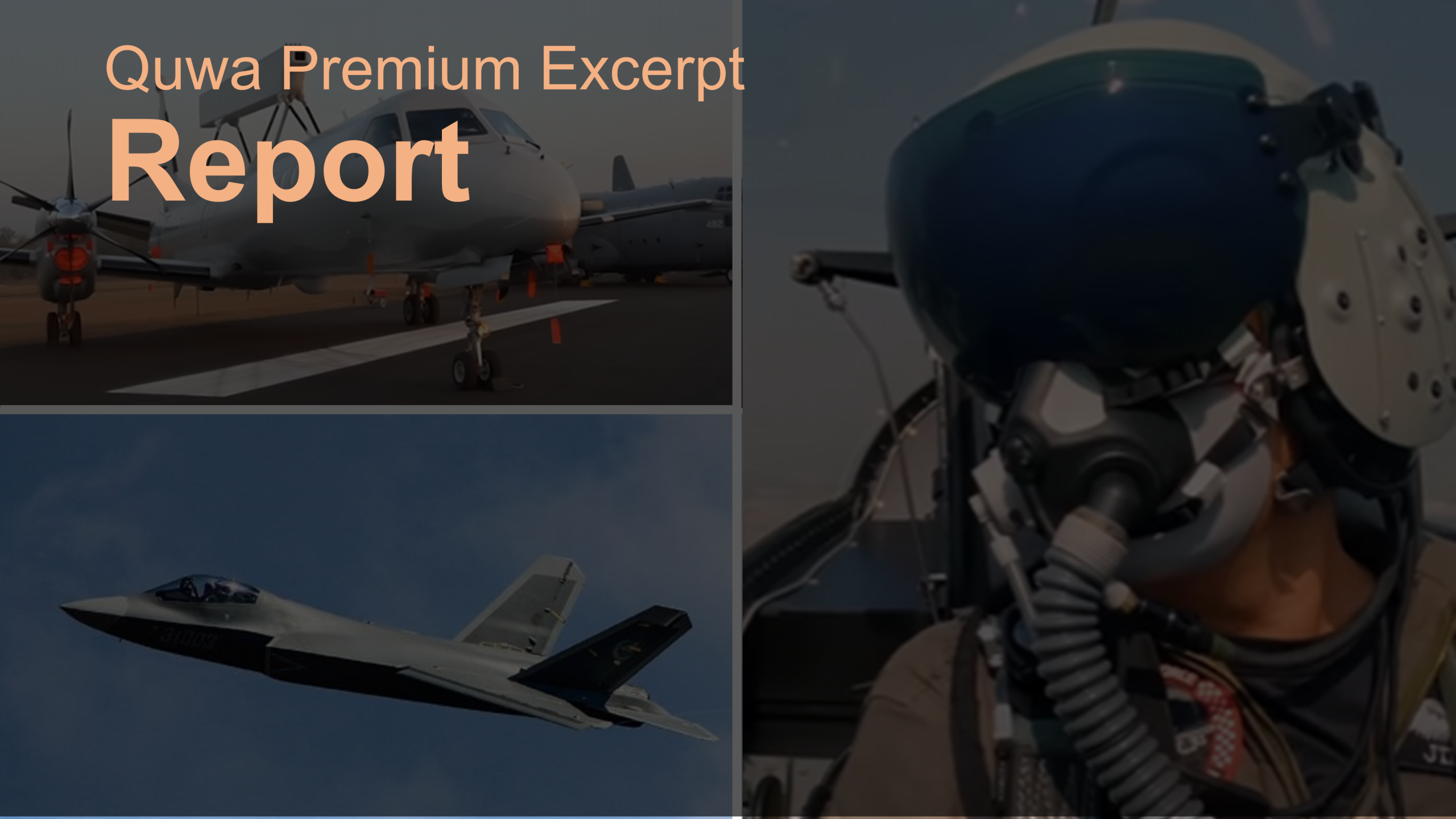Speaking to the National Assembly’s Standing Committee on Defence, Rana Tanveer Hussain, Pakistan’s Minister of Defence Production (MoDP) recommended that the country establish a company committed to driving defence exports.
The recommendation was made in light of the fact that Pakistani defence exports have grown by 35% in the past three years. In order to capitalize on recent successes, such as the Super Mushshak sales to Qatar and Nigeria, and to cultivate new high-value opportunities, the standing committee offered a number of suggestions. For example, Shehryar Afridi proposed that each of Pakistan’s state owned enterprises, e.g. the Pakistan Aeronautical Complex (PAC) and Heavy Industries Taxila (HIT), set up business units dedicated to generating commercial activity.
Hussain also urged that investment be made on cultivating nascent arms industries in areas such as Darra Adam Khel, which is a home to many privately owned small-arms makers.
Also briefing the standing committee was Major General Muazzam Ali, the Director General of Military Vehicles Research and Development Establishment (MVRDE). According to Maj. Gen Ali, upwards of 128 different items are currently produced by MVRDE for use by the Pakistan Army, Navy and Air Force. With MVRDE’s work, Pakistan has been able to make substantial gains in domestically sourcing equipment, thus reducing its dependence on foreign suppliers.
Comment and Analysis
The MoDP’s recommendation of setting up a defence export company seems to mirror the model used in Russia via Rosonboronexport. Rosonboronexport is a state owned company responsible for the sale of Russian military equipment; it receives hardware requests, manages negotiations, prepares contracts, and acts to administer transactions It is also an intermediary of sorts between Russian manufacturers, such as United Aircraft Corporation, and prospective buyers.
Some may mistake the Defence Export Promotion Organization (DEPO) as such a company, but DEPO’s work – which is more focused on marketing and outreach – is only one aspect. Rosonboronexport actually manages the full end-to-end process, including post-sale client management. An advantage of such a company is that it would serve as a single channel for prospective and existing customers on all matters related to Pakistan’s defence products. For example, on issues relating to the JF-17 Thunder, the Nigeria could simply contact the export company.
While this does add a layer between the client and the vendor (in this case PAC), it does help in a number of important areas. First, the JF-17 is not just a product of PAC, if the Nigerian Air Force (NAF) wants to use precision-guided munitions, the Pakistani export firm could connect the NAF to Global Industrial Defence Solutions (GIDS), which produces the Range Extension Kit (REK) for Mk-80-series general purpose bombs (GPB). This company can basically act as the means to help vertically integrate customers across Pakistan’s wider defence industry, thus boosting exports.
The second primary advantage is that the administrative and commercial burden on PAC is lightened. In other words, PAC can continue focusing on the engineering and development side, but leave much of the client management work (especially after a contract is signed) to the export company. Yes, PAC would still need to market its specific goods, but if a country is interested, the work to transform interest into a sale could be done by an entity that is equipped for the task. PAC – and by extension the Pakistan Air Force (PAF) – would not need to completely manage negotiations and client relations. Of course, it would still need to have input, but it does not need to be burdened by the legwork. After the sale is implemented, the export agency could then work on trying to generate new opportunities for PAC and other Pakistani firms, potentially private sector players as well.
Rosonboronexport also maintains partnerships with foreign vendors. For example, before the Ukraine crisis, Rosonboronexport worked with Thales in order to acquire TopSight-E helmet mounted display and sight (HMD/S) systems for use on the MiG-35. The Pakistani agency could potentially work with Leonardo (formerly Finmeccanica) to provide subsystems for an export version of the JF-17 for certain markets. It could engage with Denel Dynamics to co-market and co-produce air-to-air and air-to-surface munitions. It may even work with Aselsan to co-market the ASELPOD alongside the JF-17.
Of course, the existence of a Rosonboronexport-like entity does not entirely absolve the likes of PAC and HIT from their commercial due diligence. On this point, Shehryar Afridi’s proposal that each manufacturer maintain a business unit is valid. At the end of the day, trade exhibitions and air shows are attended by the companies looking to attracting customers (getting the contract signed is another job – one for an export company). It is no secret that Pakistan’s defence enterprises need to substantially improve in the area of marketing and engagement, but it is inappropriate to not delegate this job to those with competency in the area. An entity such as PAC would need a team devoted to researching and analyzing other markets, examining competitors, understanding the political and economic realities of other lands, and building marketing plans for prospective customers.
The Pakistani defence industry is at a critical juncture. Not only is there an issue of setting up the industry for overseas success, but there is also the question of enabling the industry to better provide for domestic needs, especially in the coming years. Pakistan Ordnance Factories (POF) was lamenting about its ageing facilities and its inability to secure contracts from the Pakistan’s law enforcement agencies, whilst HIT and Karachi Shipyards and Engineering Works (KSEW) will need to fulfill increasingly complex armed forces requirements in the coming years. While one could discuss arms procurement, it is also important to pay heed to the question of strengthening one’s domestic supply chain, so as to ensure long-term cost savings and strengthen independence.




